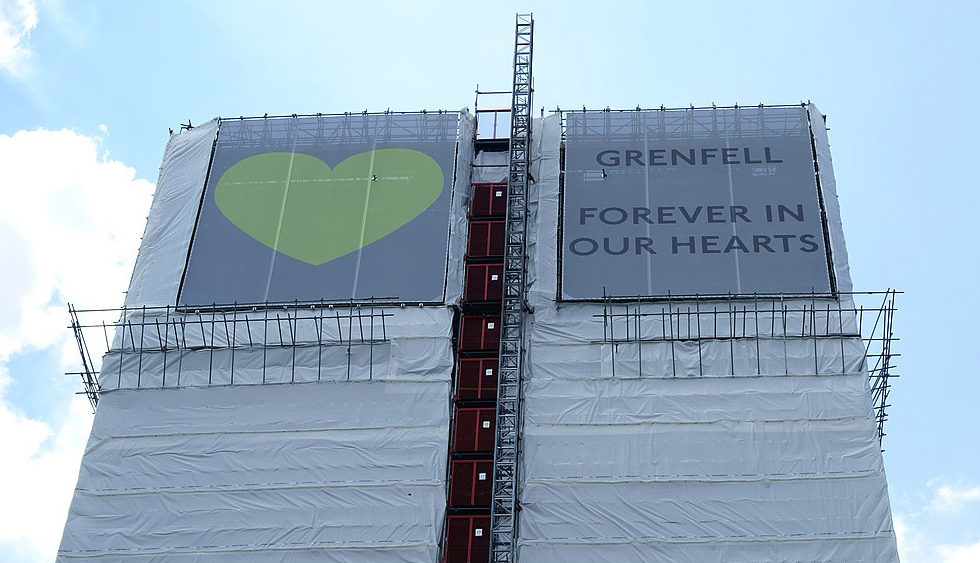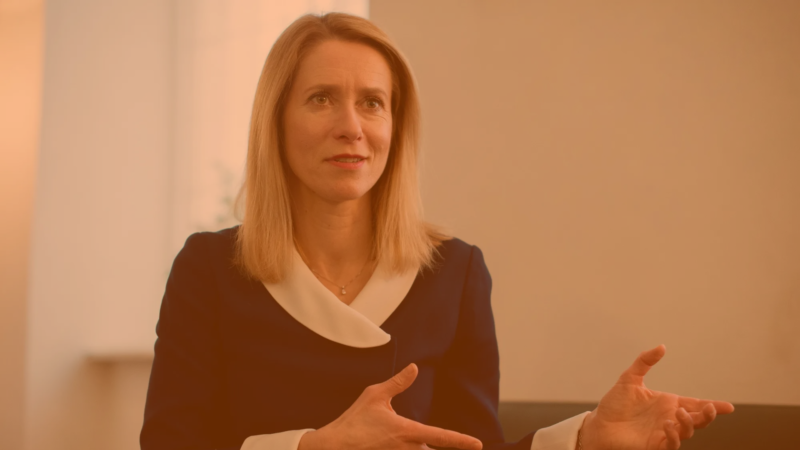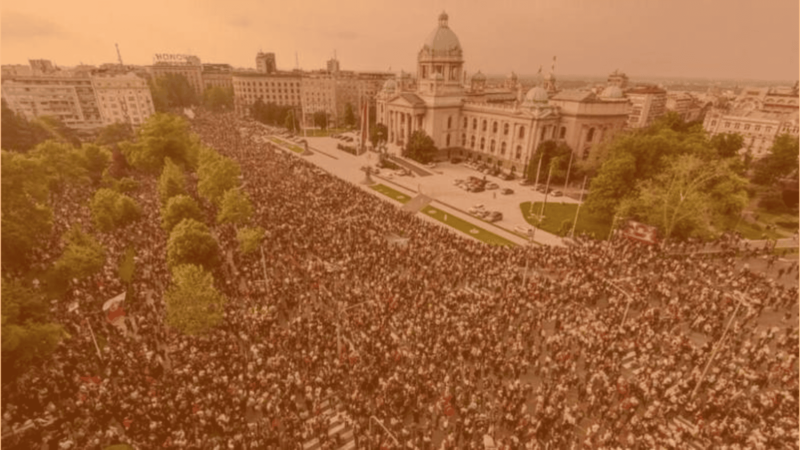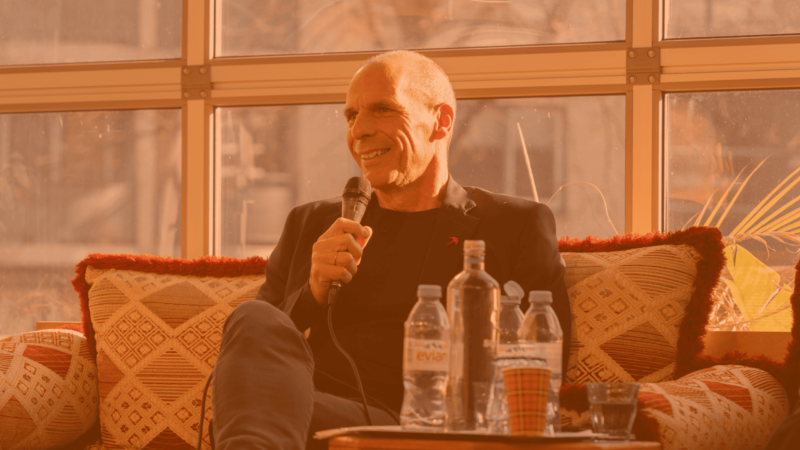What does the Grenfell inquiry mean for the future of social housing regulation?
New details have emerged from the public inquiry into the cause of the Grenfell Tower fire. A former employee of Celotex, the company responsible for manufacturing the insulation foam, RS5000, used in the building’s construction, has revealed that the company rigged a fire test in order to bring their product to market. A closer look at the inquiry findings so far suggests that this is far from an isolated example of such behaviour.
A number of materials used in the insulation and cladding of the Grenfell Tower during its refurbishment in 2016 are now known to have contributed to the fire, which claimed 72 lives.
Jonathan Roper, who was a project manager at Celotex, oversaw the rebranding and testing of the company’s insulation product, formerly known as FR5000, which was unsuitable for high rise buildings. After RS5000 failed a first fire test in 2014, fire-resistant panels were added to the rig and a smaller ventilation gap was used to help the product pass the test.
No video footage was taken of the test and drawings were also manipulated. In materials created for the Celotex sales team, the failed test was not mentioned. Roper admitted that the company had behaved in a “completely unethical” and “dishonest” way, and had made “misleading” claims about their product.
In June, DiEM25 reflected on the failure of the UK media to respond to the well-documented concerns of Grenfell Tower residents.
Once again, the full extent of the shocking details that have been revealed within the public inquiry are not being given the attention that they need.
National newspapers and news outlets have led with Roper’s contribution to the inquiry. A recent Business studies graduate, with little knowledge of building regulations, Roper was quickly promoted to the role of product manager and tasked with the rebranding of Celotex’ insulation product for use in buildings above 18 metres. Saint-Gobain, a French multinational corporation set to acquire Celotex, had pushed for the company to enter the lucrative high rise market in 2012, setting targets and bonuses that incentivised the passing of RS5000 for use in such buildings. Grenfell Tower was seen as a potential flagship for the new product.
The public inquiry has discovered further incidents of malpractice which suggest that this is representative of a widespread problem within construction, and that experts in the field are complicit in such practices.
Jonathan Roome, who was a sales manager for Celotex, advised, in emails with the refurbishment project manager, that the insulation foam be used in much greater thickness than was deemed safe. Equally concerning is the revelation that a sales director at the Local Authority Building Control (LABC), who Celotex had contacted in order to gain approval for their products use on high rise buildings, was unable to tell the difference between RS5000’s Class 0 fire rating and a “limited combustibility” classification.
The inquiry has also documented a number of oversights made by cladding specialist Harley Facades, including failing to properly inspect all sides of the building during the refurbishment, and ordering an unsuitable substitute insulation material based on an outdated safety certificate. Employees of the company, then known as Alcoa, which made and sold the combustible cladding used on Grenfell Tower, have refused to give statements to the public inquiry.
The lawyer representing the bereaved and survivors of the disaster, Stephanie Barwise, has claimed that Alcoa, now known as Arconic, also manipulated testing to achieve the safety rating that they needed to be used in the Grenfell refurbishment.
When taken as a whole, the details exposed by the inquiry, which is still ongoing, are greatly troubling.
It is necessary that the revelations of the public inquiry into the Grenfell Tower fire are given the platform they need to reach the public, and that the culture that puts profits over safety within the construction industry is challenged.
DiEM25 is already campaigning to end the rent burden faced by low-income Europeans and for sustainable public housing as part of the Green New Deal for Europe. The latter includes policy recommendations which call for safe housing and participatory construction processes that are accountable to the workers and community. However, the issues raised by the Grenfell inquiry demand a renewed focus on the safety of social housing, including:
- The testing of building materials needs to be carried out independently to prevent internal manipulation
- Safety certification needs to be standardised to ensure that combustibility ratings are not confused
- Building authorities need to be held accountable for the safety of social housing
The COVID-19 pandemic has given an even greater urgency to the continuing demands for housing reform, and we must ensure that the safety of residents is at the center for any call for an accessible and sustainable redevelopment of housing across Europe.
Photo Source: Wikimedia Commons.
The views and opinions expressed here are those of the author and do not necessarily reflect DiEM25’s official policies or positions.
Do you want to be informed of DiEM25's actions? Sign up here















